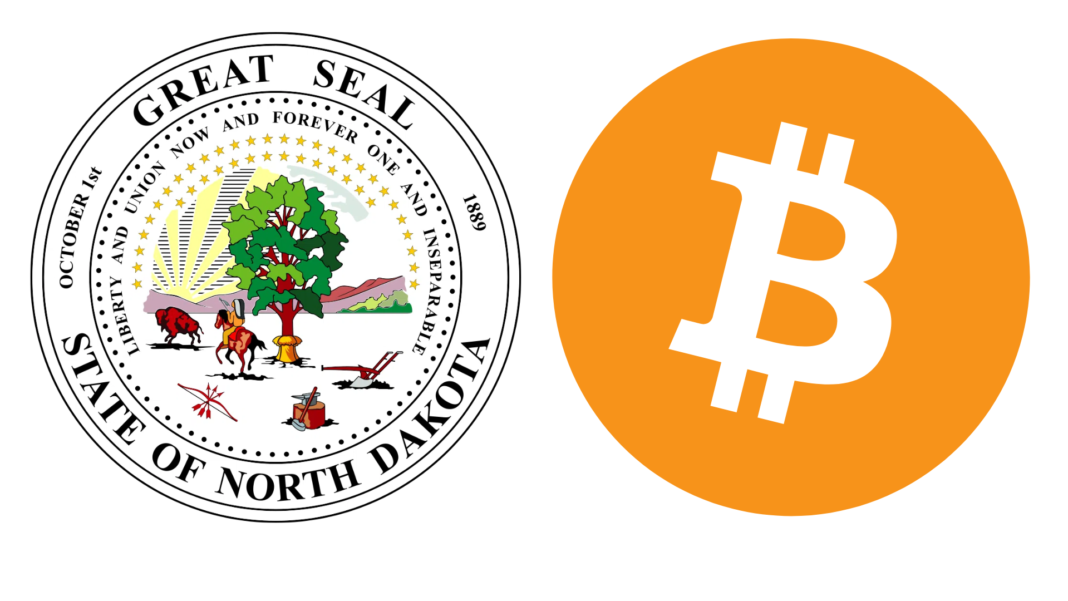North Dakota has emerged as a pioneer in cryptocurrency legislation with the introduction of House Bill 1239, a comprehensive piece of legislation designed to protect four fundamental Bitcoin rights.
The bill, spearheaded by Representative Toman, establishes crucial protections for Bitcoin mining operations, self-custody rights, peer-to-peer transactions, and node operation capabilities.
The legislative initiative represents a significant departure from traditional cryptocurrency regulation, positioning North Dakota as a potential model for other states seeking to establish clear frameworks for digital asset freedoms.
The bill’s scope is particularly noteworthy as it addresses both technical and operational aspects of Bitcoin usage, creating a comprehensive protective framework that could significantly impact the state’s cryptocurrency landscape.
Technical and Operational Protections
The legislation’s technical provisions are both specific and far-reaching. On the mining front, the bill ensures that cryptocurrency mining operations cannot face arbitrary restrictions, though they must still adhere to existing noise regulations.
The protection is coupled with strong self-custody rights, empowering users to maintain control over their private keys without interference.
The bill’s protection of peer-to-peer transaction rights ensures that users can engage in direct Bitcoin transactions without mandatory intermediaries, while the protection of node operation rights guarantees users’ ability to participate in network verification and security.
These provisions collectively create a robust framework that addresses both individual rights and operational necessities in the cryptocurrency space.
Also Read: Eric Trump Confirms Zero-Percent Tax Rate for US-Based Crypto Projects
Broader State-Level Cryptocurrency Initiatives
A broader movement toward state-level cryptocurrency adoption is emerging across the United States.
Utah has made significant progress with House Bill 230 (the Blockchain and Digital Innovation Amendments), which passed the House Economic Development Committee with an 8-1 vote.
The legislation would permit the state treasurer to allocate up to 5% of certain public funds into qualifying digital assets.
Similarly, Arizona has advanced its Strategic Bitcoin Reserve Act through the Senate Finance Committee, allowing for up to 10% of public funds to be invested in Bitcoin.
These developments indicate a growing trend of state-level interest in cryptocurrency integration into public financial strategies, with different states adopting varied approaches to cryptocurrency adoption and regulation.
Economic and Regulatory Implications
The economic and regulatory implications of these state-level initiatives are substantial and far-reaching.
North Dakota’s bill, in particular, could serve as a significant economic catalyst by attracting Bitcoin mining operations and related technological infrastructure to the state.
The legislation’s exemption of Bitcoin miners from money transmitter licensing requirements removes a significant regulatory burden, though some critics express concerns about local governance and environmental impacts.
When considered alongside Utah’s and Arizona’s investment-focused approaches, a complex picture emerges of states developing diverse strategies for cryptocurrency integration.
These varied approaches could lead to interesting regulatory competition between states, potentially driving innovation in cryptocurrency policy while creating new challenges for interstate coordination and federal oversight.
The success or failure of these initiatives could significantly influence the future of state-level cryptocurrency regulation and adoption across the United States.


